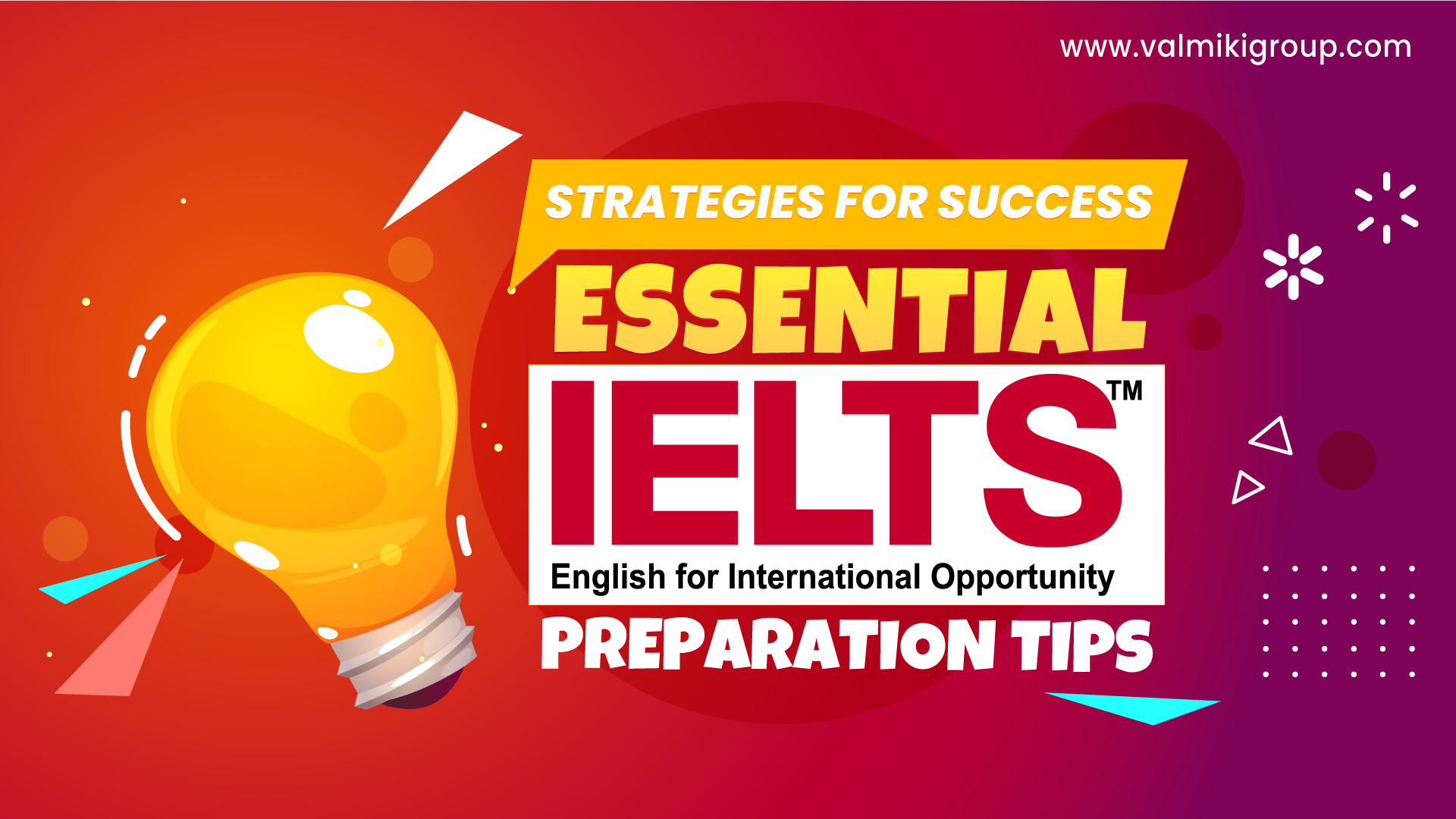Preparing for the International English Language Testing System (IELTS) is a critical step for anyone looking to study, work, or migrate to an English-speaking country. The IELTS exam is divided into four key components: listening, reading, writing, and speaking. Each section requires a focused approach to preparation. Here, we offer practical tips and strategies for those starting their IELTS preparation, with an emphasis on writing, speaking, reading, and listening.
The IELTS writing test is made up of two tasks: Task 1 requires you to write a report based on a graphic or diagram (Academic) or compose a letter (General Training), while Task 2 involves writing an essay. Here’s how to excel in both tasks:
Understand the Task: Carefully read the question to understand what it’s asking. Task 1 typically requires summarization of information or explanation of a process. Task 2 asks for your opinion or analysis of a problem or argument.
Plan Your Response: Before you start writing, spend a few minutes planning your answer. Outline the key points you want to make and examples you can use to support them.
Practice Makes Perfect: Regular practice is vital. Write essays and reports on a variety of topics to improve your ability to organise ideas coherently and to expand your vocabulary.
Focus on Grammar and Vocabulary: Use a wide range of vocabulary and sentence structures to show your language skills. However, accuracy is just as important, so make sure to use words and grammatical structures you are confident with.
Review and Revise: Always leave time to check your work for mistakes in grammar, punctuation, and spelling.
IELTS Speaking Tips
The speaking test is an oral interview with an examiner. The key to success here is fluency and the ability to express your thoughts clearly:
Practice Speaking: Regularly speaking in English is crucial. Practice with friends, in study groups, or even record yourself to improve fluency and confidence.
Listen and Answer: Listen to the questions carefully and answer directly. If you don’t understand a question, it’s okay to ask the examiner to repeat or clarify.
Expand Your Answers: Don’t give one-word answers. Instead, expand your responses with explanations or examples.
Use Varied Language: Demonstrate your range of vocabulary and grammar. Use idiomatic expressions when appropriate but ensure you use them correctly.
IELTS Reading Tips
The reading section tests your ability to understand written English. Here are strategies to improve your score:
Skimming and Scanning: Learn to skim texts for general understanding and scan for specific information. This is crucial given the time constraints of the exam.
Practice Different Text Types: Read a variety of texts to become familiar with different writing styles and vocabularies.
Develop Time Management: Practice completing reading tasks within the allocated time to improve your speed and efficiency.
Understand Question Types: Familiarise yourself with the different types of questions (e.g., multiple choice, true/false/not given) to improve your answering strategies.
IELTS Listening Tips
The listening section requires you to understand spoken English in various contexts. To prepare:
Listen Actively: Engage with a range of English-language audio materials, such as podcasts, lectures, and news reports.
Take Notes: Practice note-taking to capture key details while listening.
Familiarise Yourself with Accents: The IELTS test includes a variety of accents. Expose yourself to these different accents to improve your understanding.
Practice With Sample Tests: Use practice tests to get used to the format of the listening section and to practice answering under exam conditions.
IELTS Preparation Online Free
There are numerous free resources available online to help you prepare for the IELTS. Websites like the British Council, IELTS Liz, and IELTS Advantage offer free practice materials, tips, and strategies. Additionally, YouTube channels can provide valuable lessons and insights from IELTS instructors and past test-takers.
Success in the IELTS requires a blend of strong English language skills, familiarity with the test format, and effective test-taking strategies. By incorporating these tips into your preparation, you can approach the IELTS with confidence. Remember, consistent practice and a positive attitude are your best tools for achieving your desired score. Good luck!

